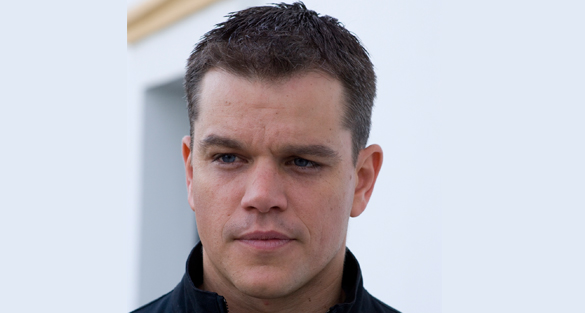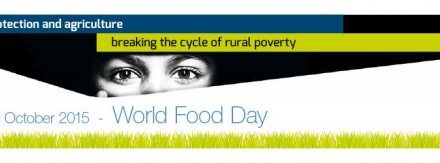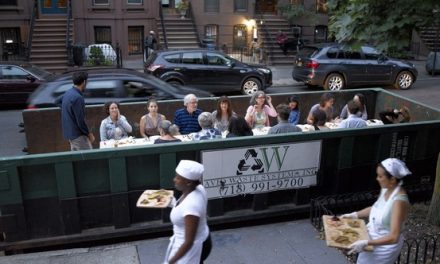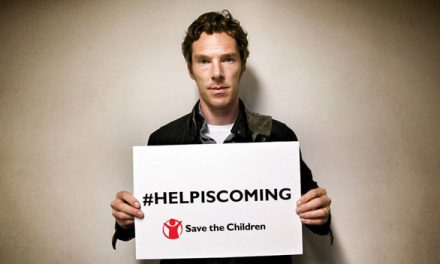Author, Ellen Mcgirt
The inside story of Matt Damon’s bold yet sane plan to use his celebrity and smarts to help attack one of the globe’s great crises.
Once upon a time, Matt Damon went for a long walk in rural Zambia. The devoted family man and method philanthropist was accompanying a 14-year-old Zambian girl who had no idea that her hiking companion was an Academy Award-winning international heartthrob.
The walk came toward the end of a 10-day African journey, a systematic primer on the complexities of the continent’s extreme poverty that had been organized for Damon by staffers from his friend Bono’s ONE campaign. Damon was on a quest to understand what it meant to be really, really poor. “It was like a mini course in college,” he says. Every day brought a different subject: urban AIDS, microfinance, education, and, finally, water. While walking with the young teen on her hour-long trudge to collect water for her family, something clicked. “We talked the whole time [through a translator]. When I asked her what she wanted to do when she grew up — ‘Do you want to stay here?’ ” he says, pointing to the memory of the dusty village — “she got shy all of a sudden.” As they returned, both toting 5-gallon jugs of water filled at the well, she finally confessed her dream: to go to the big city, Lusaka, and become a nurse. Damon recalled his dreams at the same age, when he and best friend Ben Affleck were plotting their way from Boston to casting agents in New York. That connection opened the door for Damon. “I remembered so well the feeling of being young, when that whole world of possibility was open to you.”
But while Damon’s dream was made possible by Amtrak, the girl’s was possible only because somebody drilled a borewell near her home — and, yes, an hour’s walk for water is good news in lots of places in the world. Nearly 1 billion souls lack access to clean water; three times that number lack access to proper sanitation. “This is not something that most 14-year-olds have to go through,” says Damon, 40. Without access to the water, his companion would have been unable to go to school and would likely have been forced into a precarious fight for life, spending her days scavenging for often-filthy water in unhealthy and unsafe environments. “Now she can hope to be a nurse and contribute to the economic engine of Zambia,” he says. “Of all the different things that keep people in this kind of death spiral of extreme poverty, water just seemed so huge.” He pauses. “And it doesn’t have to be.”
If you wish to read the whole story, please click here
Source: Fast Company
Photo: Save the Children










